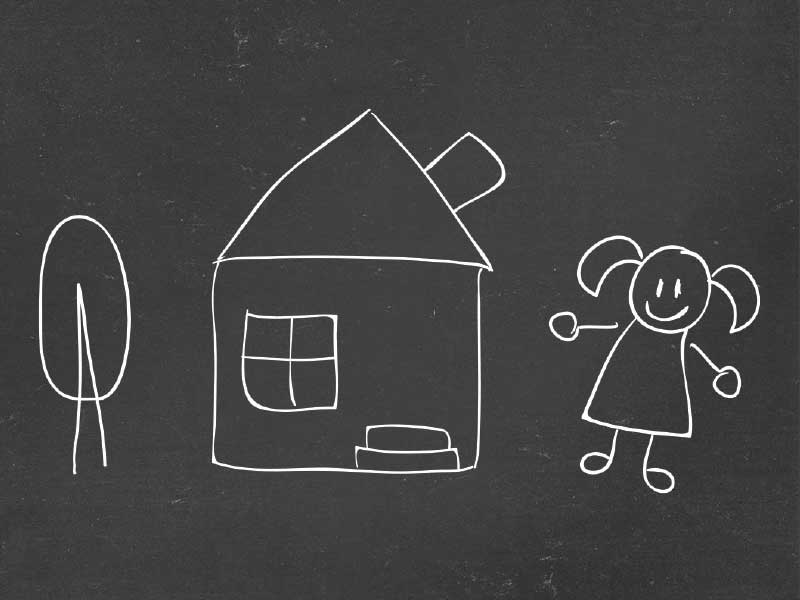
Back to the Basics: Financial Decision Making a Four-Year-Old Would Approve Of
I fear that we’re all victims. All too often, we’re victim to forces that surround us that are pushing us to act in ways that appear to be rational but lack something critical: a clear purpose.
In the busy-ness of daily life, we act on instinct and sometimes in haste. I do it and I suspect you do too. It’s a human thing. But what if we approached more of our decisions like a four-year-old would? Could we simplify our lives dramatically, leaving more time and space for things we enjoy, or at least make better-fitting decisions?
“I’m going to do ______.”
“Why?” [give standard reflex answer]
“Why?” [give slightly more specific answer]
“Why?” [in complete and utter frustration with insistent questioning, blurt out the actual, unvarnished truth]
See, a four-year-old instinctively knows to question everything; how else will they learn about the world? But somewhere along the way, we stop asking ourselves why we’re really doing what we’re doing. As a result, we become busier and more stressed doing things that no longer have any real connection to what we want to accomplish. We’ve become blind to the reasons behind our actions and replace genuine purpose with unfocused activity.
Here’s an investing example that might illustrate this process more clearly.
“I’d like to take more risk with my investments to earn a higher return.”
“Why?”
“Because I’d like to grow my investments faster than I am now.”
“Why?”
“Because I want more money.”
“Why?”
“…..because isn’t that what I’m supposed to do?”
“But you already have more than enough with which to retire comfortably; you’ve won the game already. If you’d like to grow the money for the next generation or to support a cause beyond yourself, that could be reason to take more risk, but taking more risk for its own sake may just lead to more heartburn.”
Applying this simple process to more decisions can have a profound effect on our quality of life. Not only can it clear up a bunch of mental decision-clutter, but it can also free up some time. Next time someone asks how you’re doing and you’re tempted to reply with “Busy, so busy.” Ask yourself why you’re so busy. Repeat the process until you really know why you’re so busy after all. Then decide if you can make some changes to give a different answer next time. That is unless you love being extremely busy. In that case, keep running. Either way, consider doing things on purpose and not just because that’s what you think is expected. Just a suggestion.
When we apply this questioning process to our financial lives, we’ll either put ourselves in a position to make better financial decisions or at least better understand the decisions we’ve already made. Either way, the clarity we can achieve can go a long way toward experiencing a more confident retirement. If we can help you better understand your financial options and the choices you’ll need to make going forward, please reach out to us and we’ll find a time to have a conversation.

